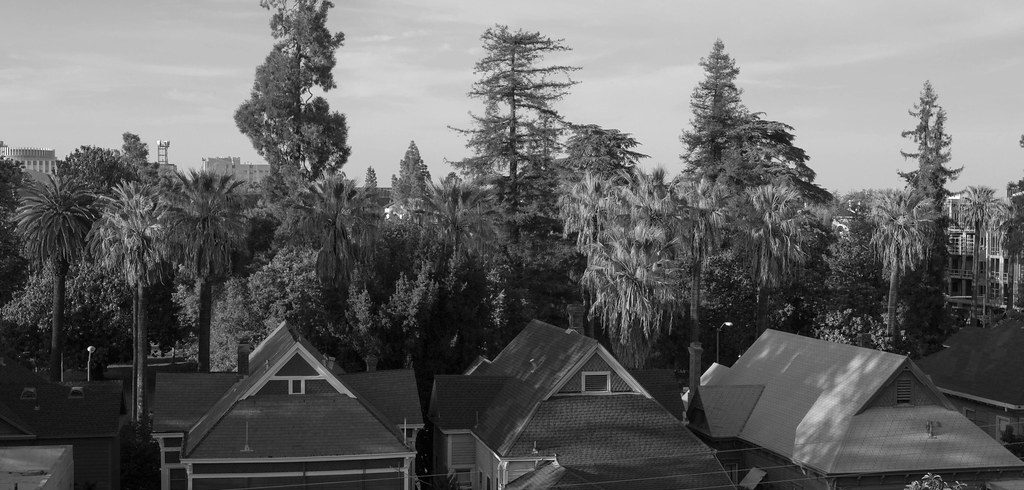
HOAs are not unlike local governments in regard to the facilities and services that they provide to residents through assessments and fees paid by residents of the community. HOAs are authorized to collect assessments to fund their operations and maintain association property, including pursuing judgments and liens on a delinquent property. This quasi-governmental power comes with responsibility.
California law imposes various procedural requirements on HOAs and their boards of directors to keep them accountable. For instance, HOAs are subject to notice requirements before taking action or imposing regular or special assessments on residents in the community.
Civil Code Section 4920(a) requires HOAs to give notice of the time and place of board meetings at least four days before the meeting and Civil Code Section 4930(a) requires every item to be addressed by the board to be openly identified on an agenda, including regular and special assessments under Civil Code Section 5600. While HOAs may meet in executive session to discuss matters such as litigation or personnel, these notice requirements prevent boards from meeting in secret and without public participation from the residents, not unlike the Brown Act, which applies similar rules to city and county commissions, boards, and councils.
Similarly, Civil Code Section 5855 provides that whenever boards of directors meet to consider imposing discipline or to impose a monetary charge on an individual resident to reimburse the HOAs for the costs of repairing damage allegedly caused by the resident, the HOAs must specifically notify the residents in question in writing at least ten days before the meeting. This prevents HOAs from commencing with collection before giving the resident an opportunity to beheard.
Civil Code Section 5905 requires that HOAs provide a fair, reasonable, and expeditious procedure for resolving disputes with residents in the community. By familiarizing themselves with the procedural requirements of the Davis-Stirling Common Interest Development Act, residents can more effectively stand up for themselves and hold HOAs to account.
The information in this post is provided for informational purposes only. This post should not be taken as legal advice and is not intended to be a substitute for legal counsel on any subject matter. Readers should seek legal advice from a lawyer licensed in their jurisdiction before acting on the basis of any information in their article.
Please feel free to contact us with any questions at contact@duewel.law.